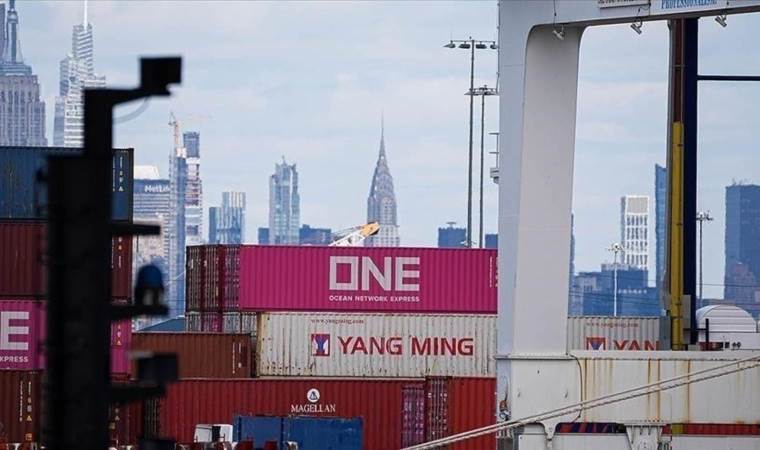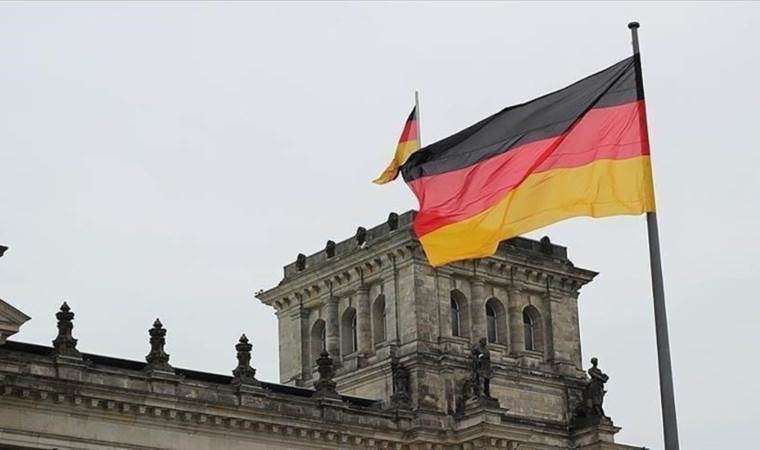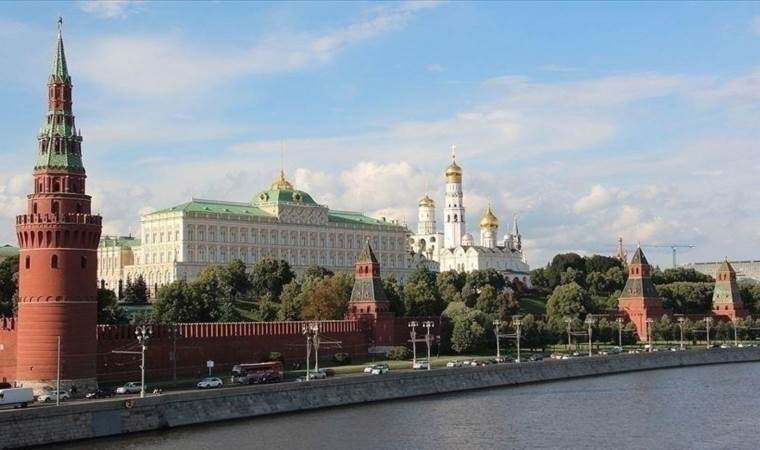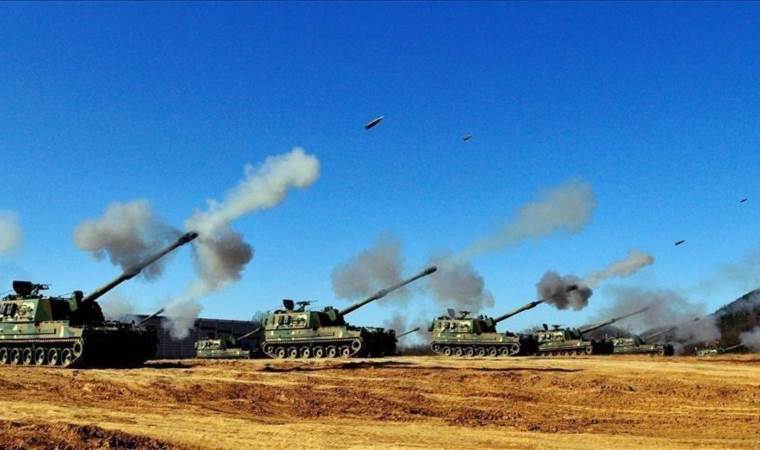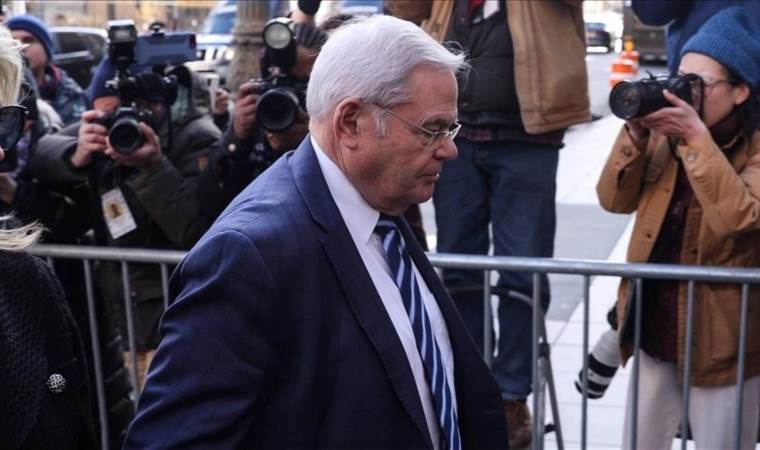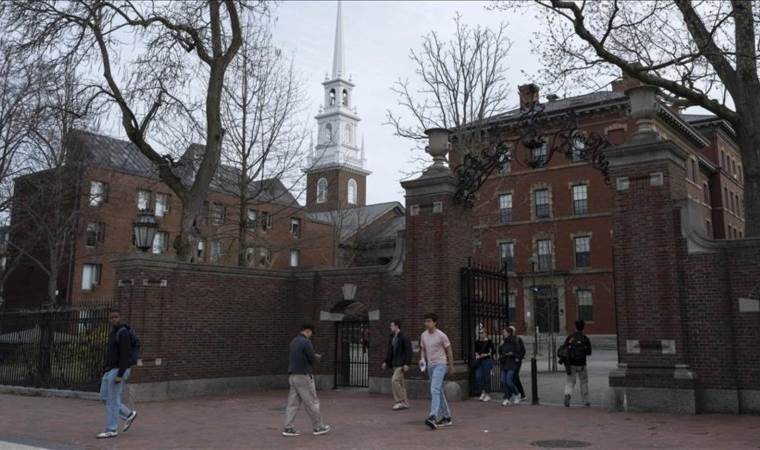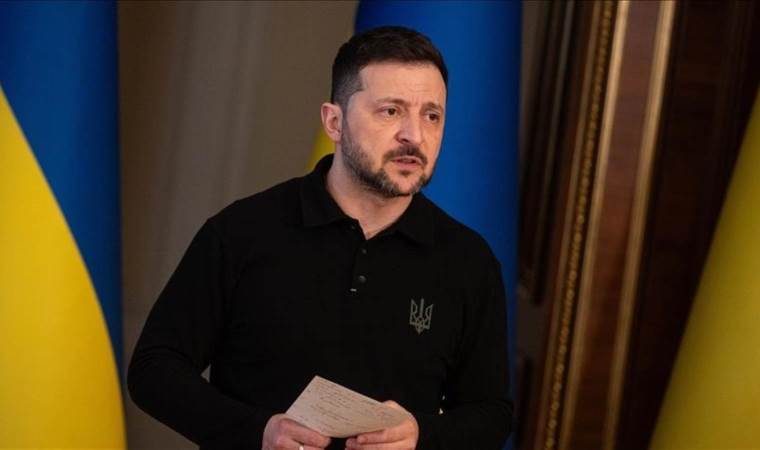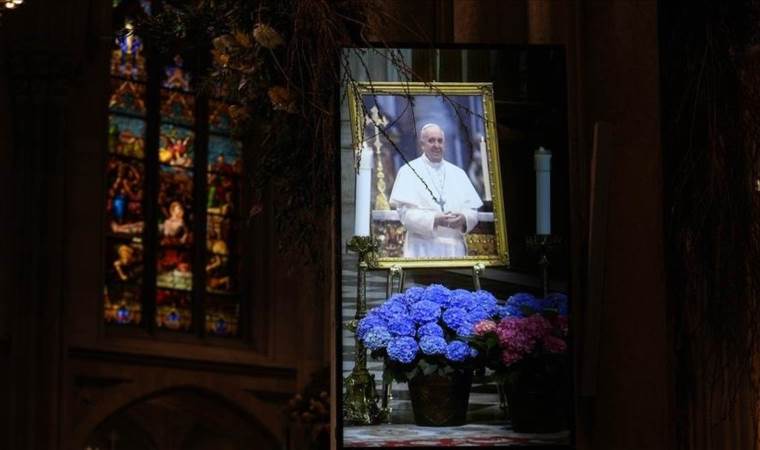US forces in Syria, region a ‘destabilizing factor': Iranian president
United, independent Syria free of foreign presence will restore peace and contribute to stability and security of its neighbors, says Ebrahim Raisi
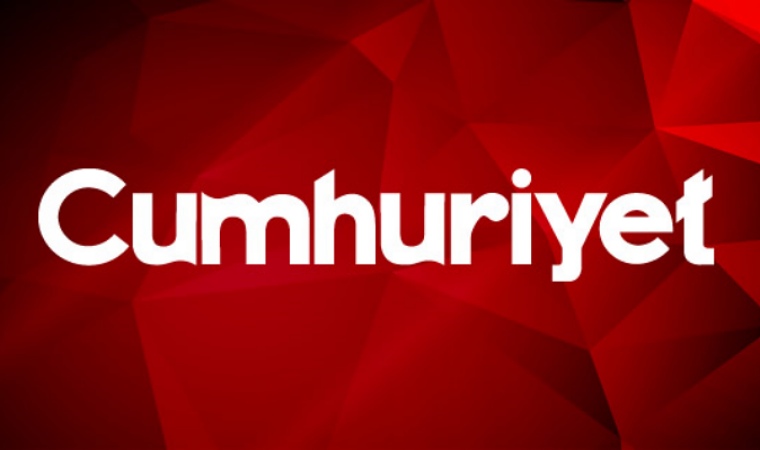
Iran, Türkiye and Russia reiterated their commitment to work toward a political and diplomatic solution to the Syrian crisis at the seventh summit of the guarantor states of the Astana Process on Syria in Tehran on Tuesday.
In his remarks at the trilateral meeting and at the joint presser, Iran's President Ebrahim Raisi said the only solution to the Syrian crisis is "a political solution without foreign interference."
He hailed the Astana Process as a "successful framework for the peaceful settlement of the Syrian crisis” which he affirmed has made "good achievements.”
He went on to emphasize the "need to maintain territorial integrity and cohesion (and) respect for the national sovereignty and independence of Syria, determining the fate of the country through Syrian-Syrian dialogues and without foreign interference."
Raisi said 11 years have gone by since the war in Syria started, adding that his country still believes that the only solution is "political" and "not military."
The guarantor states of the Astana Process, he noted, have always backed the "political solution" to the crisis within the framework of the agreements reached, including holding the Syrian constitutional negotiations, while reaffirming their commitment to fighting terrorism in the entire region, including Syria.
Raisi called for "ending the presence of terrorist groups" in Syria while condemning Israeli attacks in the war-ravaged country, especially on civilian infrastructure like airports and ports.
He said US sanctions have put "additional pressure" on the Syrian people, "depriving them of avenues to lead a normal life" while calling for an end to "foreign interference" in the country.
A united, independent Syria without a foreign presence will restore peace to Syria and contribute to the stability and security of its neighbors, Raisi stressed, while terming the presence of US forces in Syria and the region "a destabilizing factor.”
The Iranian president went on to reaffirm Tehran's support to the "people and the government of Syria with full force."
The issue of Syrian refugees and domestically displaced people is an "important issue,” he asserted, urging regional countries and the international community to "help the refugees return to their homes."
Iran is one of the strongest allies of the Bashar al-Assad regime in Damascus and has backed it fully during the years of war.
The host of Tuesday's meeting described Syria's territorial integrity and sovereignty as a "red line," attributing instability in the country to the American presence.
Raisi accused the US of "looting (Syria's) natural resources," including the country's oil.
He said the international community bears responsibility for solving Syria's refugee crisis and expressed Iran's readiness in supporting any such initiatives.
In their joint statement, the three leaders said they discussed the current situation in Syria, reviewed its developments following the July 1 summit, and reiterated their determination to enhance the trilateral coordination in light of their agreements as well as the conclusions of foreign ministers’ and representatives’ meetings.
The statement added that they also examined the latest international and regional developments and emphasized the key role of the Astana Process in the peaceful and sustainable settlement of the Syrian crisis.
It further said that they emphasized their unwavering commitment to the sovereignty, independence, unity, and territorial integrity of Syria, expressed their determination to continue working together to fight terrorism, discussed the situation in northern Syria, reviewed the situation in the Idlib de-escalation area, expressed concern over the humanitarian situation in Syria and sanctions, expressed opposition to a military solution to the conflict, reaffirmed their determination to continue operations on the mutual release of detainees, and condemned Israeli military attacks in Syria.
The Astana Process was launched in 2017 in a bid to restore peace and stability in the Arab country, which has been ravaged by war since 2011, when the Assad regime cracked down on pro-democracy protesters.
Last month, the representatives of the three countries stressed that Syria’s national sovereignty and territorial integrity should be respected.
Notably, it is Turkish President Recep Tayyip Erdogan’s first visit to Tehran since the formation of the new government in Tehran last year. Russian President Vladimir Putin is also on his first international trip beyond the borders of the former Soviet Union since the start of the Ukraine war.
Following the talks Tuesday, Nour News, affiliated with Iran's top security body, said the meeting is centered on the "adoption of practical solutions to reduce tensions (and) relying on the principle of dialogue and interaction to resolve misunderstandings and reduce conflicts together with security concerns."
Syrian Foreign Minister Faisal Mekdad is also expected to arrive in Tehran later Tuesday. He will be holding talks with his Iranian counterpart, Hossein Amir-Abdollahian, on Wednesday.
The next summit of the Astana Format will be held in Russia.
Most Read News
-
 China integrates AI into undergraduate studies
China integrates AI into undergraduate studies
-
 South Korea, US to hold trade talks this week
South Korea, US to hold trade talks this week
-
 Germany cuts economic growth forecast to stagnation for
Germany cuts economic growth forecast to stagnation for
-
 6.3 magnitude earthquake strikes off Indonesia’s Talaud
6.3 magnitude earthquake strikes off Indonesia’s Talaud
-
 Kremlin says Putin open to talks on civilian strikes mor
Kremlin says Putin open to talks on civilian strikes mor
-
 South Korean military holds live-fire drills near inter-
South Korean military holds live-fire drills near inter-
-
 Wife of former US Senator Menendez found guilty in bribe
Wife of former US Senator Menendez found guilty in bribe
-
 Harvard University sues Trump administration over fundin
Harvard University sues Trump administration over fundin
-
 Zelenskyy demands Russian clarity over strikes on civili
Zelenskyy demands Russian clarity over strikes on civili
-
 Pope Francis' funeral to take place on April 26, Vatican
Pope Francis' funeral to take place on April 26, Vatican

